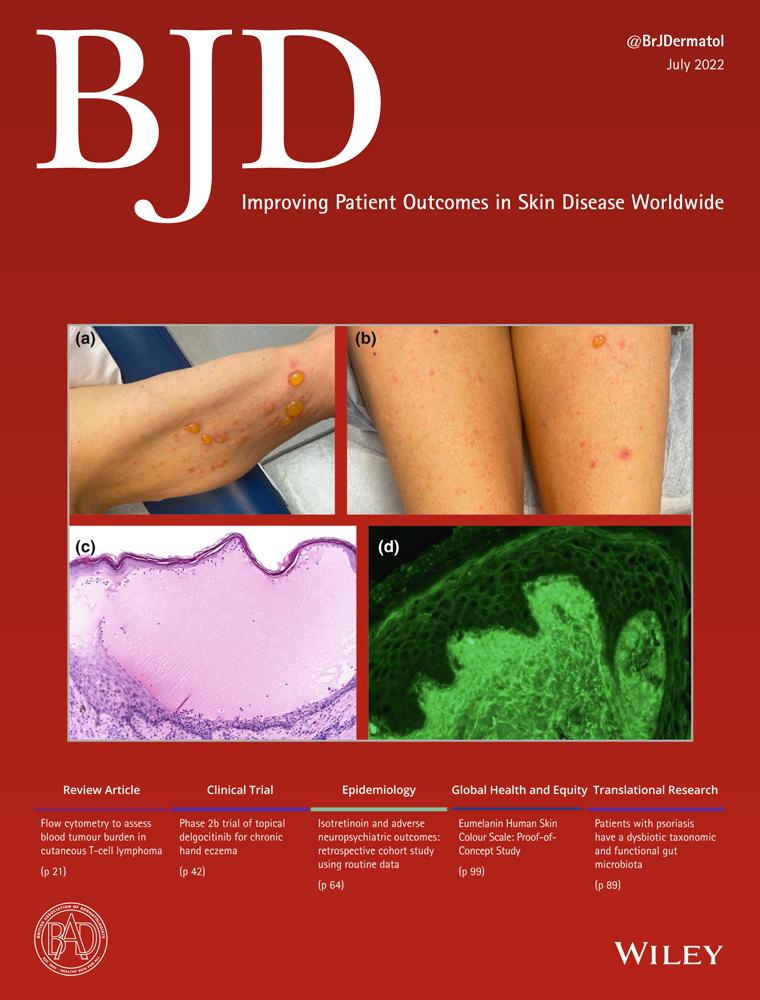In patients with psoriasis, the types of microbes in the gut are different from those in healthy people
Abstract
Linked Article: Todberg et al. Br J Dermatol 2022; 187:89–98.
Microbes living in our digestive tract contribute to human health by enabling us to digest essential nutrients, by protecting the intestinal barrier from infection and in developing the immune system. In patients with several inflammatory and auto-immune diseases, researchers have found differences in the amount and type of different microbes in the gut compared with healthy individuals and these changes may contribute to the disease process. To date, studies of gut microbes in patients with psoriasis have been inconclusive; they have relied chiefly on cloning the microbial genes using a technique called rRNA sequencing analysis.
In this paper, the authors from Denmark studied the gut flora using samples of faeces from 53 patients with psoriasis who were not on systemic treatment. They compared the samples with those from 52 age- and sex-matched healthy people who acted as controls, who were also matched for body mass index (BMI). In addition, they studied samples from 21 partners of the patients with psoriasis, who shared a similar diet and lifestyle. To allow for seasonal variation, they took four to six samples from 18 patients and 19 healthy controls over a 9- to 12-month time period.
The authors used a newer and more sensitive technique, ‘shotgun metagenomic sequencing analysis' (the term metagenomic refers to genetic material in the environment, in this case the microbes in the gut). This technique involves breaking up the microbial DNA into small fragments and using a computer program to reassemble them by recognizing the base pair patterns at the ends of the fragments. One disadvantage is that the technique cannot distinguish between live and dead bacteria.
The faecal samples from the patients with psoriasis had a different pattern and a less diverse range of bacterial species than those from their partners or the healthy controls. This difference was slightly, but not significantly, more noticeable in patients with more severe disease. There was no seasonal variation seen in the sequential samples. The authors excluded other contributory factors such as obesity or diabetes. Further study is needed first but it is possible that improving the diversity and richness of gut bacteria, using diet or drugs, could be beneficial in patients with psoriasis.




